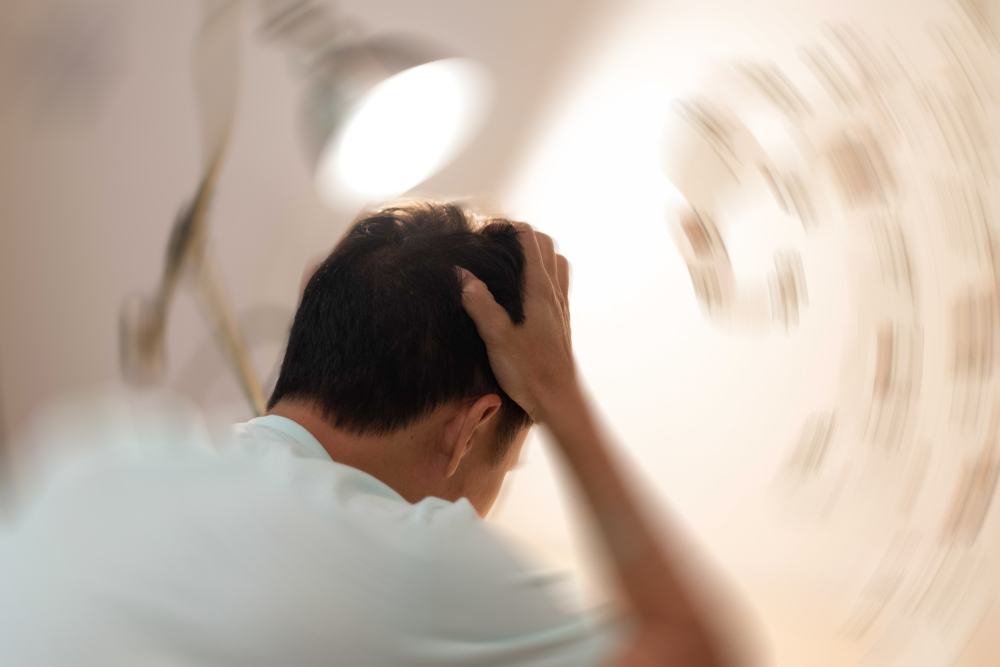
Whenever the word ‘vertigo’ gets thrown around, there seems to always be a person who starts talking about this mystery balance system in your inner ear. What are they talking about?
Let me explain.
Vertigo is the specific symptom that describes the sensation of either the room spinning around you, or you spinning within a room.

Before delving further into the different conditions and address such questions as “what do I have?” “How can this be treated?” and “what did I do to deserve this?”, it’s important to get a quick understanding of the structures involved.
The first involved structure that can contribute to developing symptoms of vertigo is the brain. The brain is essentially the control centre of the body. It controls messages coming in, and messages going out. Where it becomes relevant to vertigo and the vestibular system is that it interprets information from the sensory organs such as the eyes, ears, nose, mouth and … the vestibular sensory organs. Like many of the other sensory organs, you have two of them: 2 eyes, 2 ears, 2 nostrils and 2 vestibular organs.
On each side of the head, tucked in to the temporal bone and positioned close to the inner ear canal, the vestibular sensory organs interprets movements of the head. When you turn to the left, the left vestibular system notifies the brain that the head has turned to the left. Contrary, the right vestibular system lets the brain know that the head has moved away from the right. This push-pull system enhances the accuracy of the brains awareness of the position of the head in space.
Once the message is received in the brain that the head has moved to the left, the next step is ensuring that eyes also turn to the left, which is done via the vestibular-ocular reflex. In addition, the rest of the body needs to react to the change in the centre of gravity by activating postural muscles.
Problems arise when the two systems don’t match up. It can be caused by the left vestibular system over-estimating the left head movement, or due to the right underestimating the movement away from the right. Either way, the two systems don’t add up, which can often cause the symptom of vertigo.
It important to note, this is just a quick lesson on vertigo, there is a lot more to the puzzle. There are many causes of vertigo, some are more common than others. Whenever sudden, unexplained vertigo symptoms arise, it’s important to consider there could be something more serious going on. Vertigo should never be accompanied by weakness, pins and needles or changes in speech or swallowing – if this is the case, contact the ED pronto.
